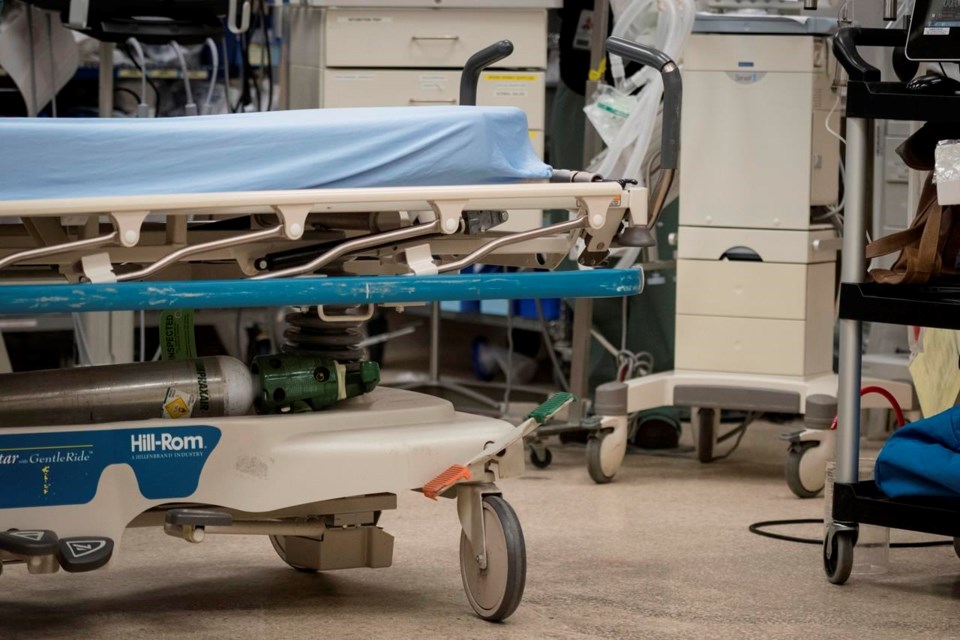WINNIPEG — Two more nurses who helped examine sexual assault victims in Manitoba have resigned a day after one-third of the program's nurses stepped down, leaving one community health centre concerned about access to care.
The provincial agency that delivers health care said Wednesday that the two nurses, who work on a casual basis, had resigned from the Sexual Assault Nurse Examiner program at Winnipeg's Health Sciences Centre.
On Tuesday, four of the program's 13 casual nurses quit.
"These departures have resulted in a gap in service coverage over the past day and we are working to minimize future gaps," a spokesman for Shared Health said in a statement.
"The vulnerability of this staffing emphasizes the importance of (setting) up a provincial service that is staffed with dedicated nurses who are scheduled to work regular shifts rather than selecting to pick up."
The program had no coverage for a 16-hour stretch on Tuesday night, said the Manitoba Nurses Union.Â
The union has been sounding the alarm for several months over the program's staffing.
It said earlier this year that some sexual assault victims were being told to not shower and to come back later, because no one was available to examine them. Nurses have been overwhelmed and stretched thin, the union added.
Ayn Wilcox, executive director of Klinic Community Health, called the staffing concerns "deeply troubling" for survivors who are trying to access necessary support.Â
Klinic has worked in partnershipwith the program's nurses and provides third-party reporting services for victims who don't want to go directly to police.Â
"The need for safe, accessible, trauma-informed care for survivors of a sexual assault cannot be overstated," Wilcox said in a statement.Â
This week's resignations are the latest blows to the program, which has failed at times to live up to its plan to operate 24 hours a day, seven days a week.Â
Casual nurses, who work full-time in other areas, pick up shifts in the program. They collect evidence of sex assaults and support victims.Â
The Manitoba government announced funding last year to convert the casual positions to permanent, full-time ones.
The expanded program was supposed to be up and running by early this year but has faced challenges with hiring and training nurses.Â
Shared Health hired six nurses earlier this year for permanent positions and they are expected to complete their training this summer.Â
"We are continuing down this path to create a more reliable, consistent and accessible service so that we are never in a situation like this again," the spokesman said.Â
Meanwhile, Manitoba's Opposition NDP has called for Health Minister Audrey Gordon to resign.
Shared Health would not provide information on what led to the resignations, but NDP health critic Uzoma Asagwara said conversations with some of the nurses indicate frustration with the Progressive Conservative government.Â
"They're absolutely devastated. These nurses love the work that they do. These are compassionate people who put the needs of their patients and their families first, said Asagwara.Â
"It is a heartbreaking decision for them to make to resign, but they have made it clear it is the result of their voices going unheard, the mental and emotional toll of not being able to provide survivors the care that they need and deserve, and feeling completely unsupported by this PC government."
Gordon said the government takes sexual assaults seriously and understands the trauma that comes with them.
She said the program will need to rely on casual staff as permanent staff receive their training.Â
"Once all those individuals are fully trained and all seven are hired and trained, it will be a fully functioning program. I'm confident of that."
— With files from Steve Lambert.
This report by The Canadian Press was first published March 22, 2023.Â
Brittany Hobson, The Canadian Press



